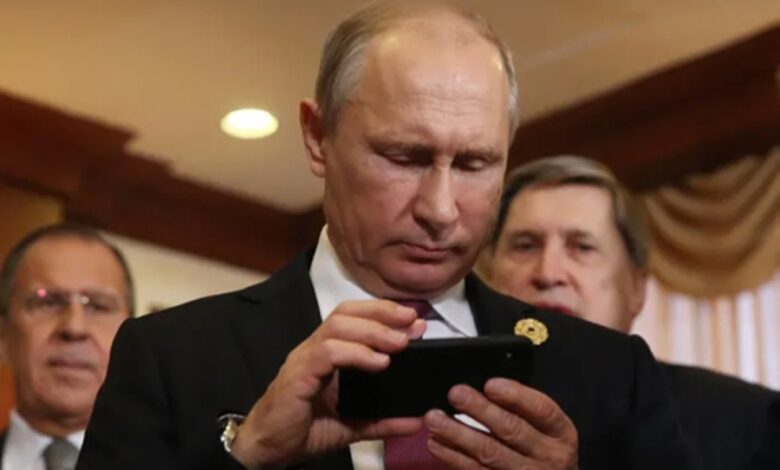
Russian President Vladimir Putin signed a law today authorizing the development of a government-supported messaging application, as part of Moscow’s broader efforts to assert “digital sovereignty” and reduce dependency on foreign platforms like WhatsApp and Telegram.
The new app will be integrated with Russia’s government services and is expected to offer features not currently available on popular messaging services. A Russian official stated that the initiative aims to promote domestic digital infrastructure, especially in light of the exit of several Western tech firms following Russia’s invasion of Ukraine in February 2022, according to Al-Rai daily.
The move is part of a larger campaign by Russian authorities to consolidate control over the country’s digital space. However, digital rights advocates have raised serious concerns. Critics argue that a state-controlled app could threaten user privacy and personal freedoms.
Mikhail Klimarev, director of the Internet Protection Association, warned that Russia may deliberately slow down access to WhatsApp and Telegram to push users toward the new platform.
The law marks another step in the Kremlin’s strategy to create a self-sufficient internet ecosystem, though many observers remain skeptical about its implications for free expression and data security in the country.












